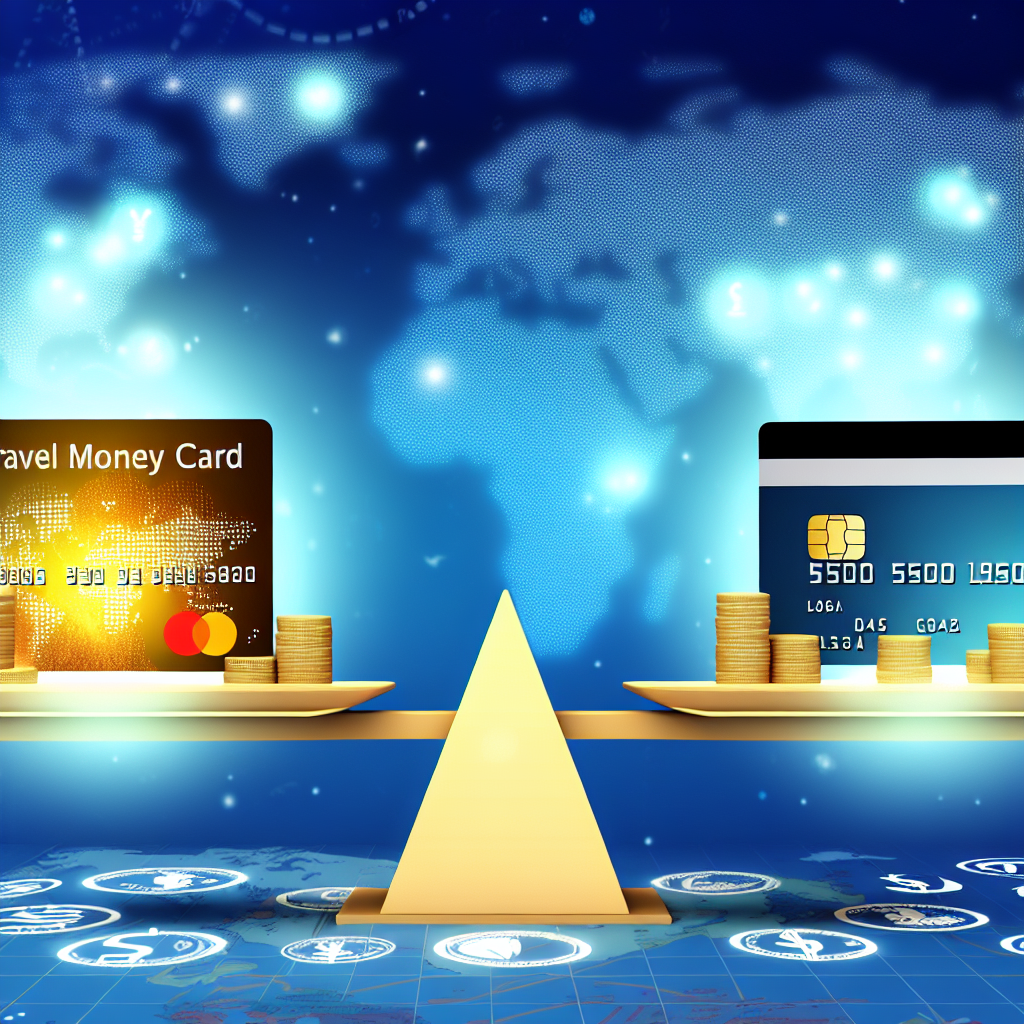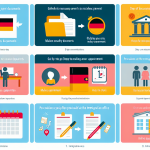
Travel Money Cards vs. Debit Cards: Which One Should You Use Abroad?
Traveling abroad can be an exciting adventure, but figuring out the best way to handle your finances while overseas can be a bit overwhelming. One common dilemma many travelers face is deciding between using a travel money card or a debit card. Both options have their pros and cons, so it’s essential to understand the differences between them to make an informed decision. In this guide, we’ll compare travel money cards and debit cards to help you choose the most suitable option for your next trip.
What are Travel Money Cards?
Travel money cards, also known as currency cards, are pre-loaded cards that allow you to store multiple currencies on a single card. They are a convenient and secure way to carry money while traveling abroad, offering protection against currency fluctuations. Travel money cards are usually issued by major financial institutions or currency exchange providers and can be used at various merchants and ATMs worldwide.
Pros of Travel Money Cards:
- Security: Travel money cards are not linked to your bank account, reducing the risk of identity theft and fraud.
- Multi-currency support: You can load multiple currencies on a single card, eliminating the need to carry cash or multiple cards.
- Easy budgeting: You can preload a set amount of money onto the card, helping you stick to your travel budget.
- Accepted worldwide: Travel money cards are widely accepted at merchants and ATMs around the globe.
Cons of Travel Money Cards:
- Reload fees: Some issuers may charge fees for loading or reloading money onto the card.
- ATM fees: Using an ATM to withdraw cash may incur additional fees.
- Exchange rate fluctuations: While travel money cards offer protection against currency fluctuations, the exchange rates may not always be favorable.
What are Debit Cards?
Debit cards are linked to your bank account and allow you to access your funds through ATMs or make purchases at merchants that accept card payments. When using a debit card abroad, you can withdraw local currency or make payments in the foreign currency. Most debit cards come with built-in security features to protect your funds from unauthorized transactions.
Pros of Debit Cards:
- Widely accepted: Debit cards are accepted at millions of locations worldwide, making them a convenient payment option.
- Access to local currency: You can withdraw cash in the local currency from ATMs, which is useful for small purchases or places that don’t accept card payments.
- Real-time account monitoring: You can easily track your spending and account balance through online banking or mobile apps.
Cons of Debit Cards:
- Foreign transaction fees: Many banks charge fees for international transactions, including ATM withdrawals and card payments.
- Security risks: Debit cards are directly linked to your bank account, making them vulnerable to unauthorized transactions if lost or stolen.
- Currency conversion fees: When using a debit card for foreign transactions, you may incur additional fees for currency conversion.
Which One Should You Use Abroad?
The choice between a travel money card and a debit card ultimately depends on your travel habits, destination, and personal preferences. Here are some factors to consider when deciding which option is best for you:
Choose a Travel Money Card If:
- You plan to visit multiple countries with different currencies.
- You want to lock in exchange rates before your trip to protect against currency fluctuations.
- You prefer a secure and separate way to carry money while traveling.
Choose a Debit Card If:
- You are traveling to a country where card payments are widely accepted.
- You want the convenience of accessing your bank account funds directly.
- You prefer real-time monitoring of your spending and account balance.
Regardless of whether you choose a travel money card or a debit card, it’s essential to inform your bank or card issuer about your travel plans to avoid any unexpected blocks or security measures on your account. Additionally, having a mix of payment options, including cash and credit cards, can provide added flexibility during your travels.
By weighing the pros and cons of travel money cards and debit cards and considering your specific travel needs, you can make an informed decision that will help you manage your finances efficiently and enjoy a stress-free trip abroad.





